Who is Michael Joseph? Architect behind M-Pesa's rise, KQ's revival
)
This past weekend (on June 14, 2025), Michael Joseph quietly closed the chapter on his eight‑and‑a‑half‑year tenure as Chairman of the Kenya Airways board.
For many Kenyans, his departure marks the end of a transformative era at both the national carrier and the country’s biggest private company.
But who is Michael Joseph behind the suits and titles? And just how did he get here?
Humble beginnings and South African roots
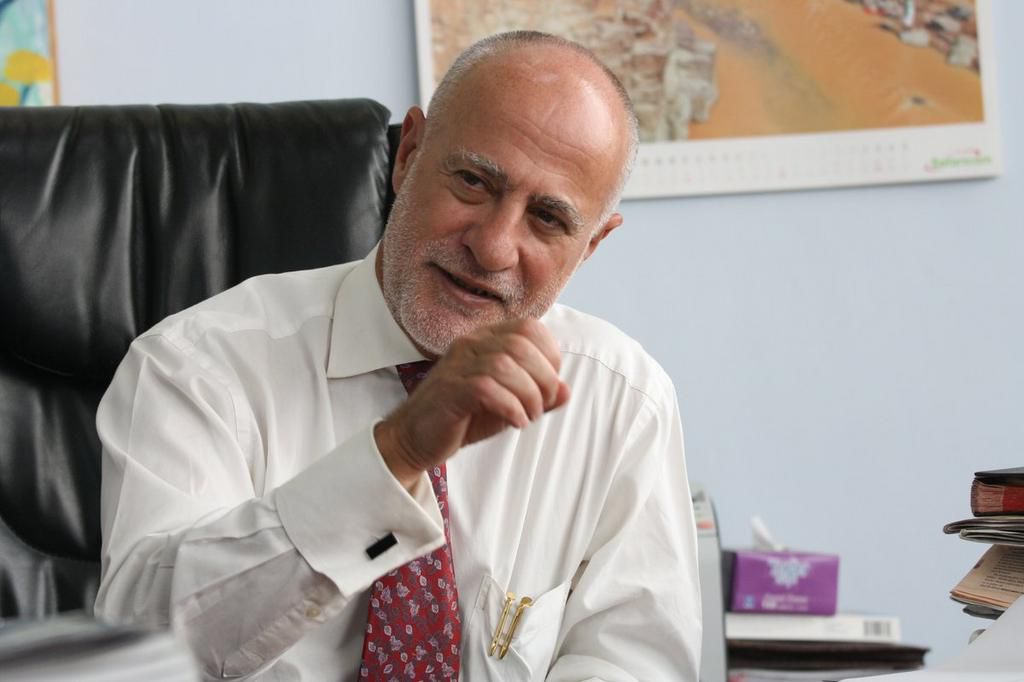
Born in apartheid South Africa in 1946, Joseph completed the then-mandatory three-year national service with the South African Defence Force in 1968, before earning a Bachelor of Science in Electrical Engineering at the University of Cape Town.
At the South African Defence Force, he was assigned to communications units, where he maintained and repaired field telephones and radio gear, managed small teams in often‑harsh conditions, and learned to think on his feet.
Those early years instilled in him a grit that would prove vital when, in July 2000, he arrived in Nairobi with a tiny team from Vodafone to launch Safaricom.
Safaricom’s rise, and the birth of M‑Pesa
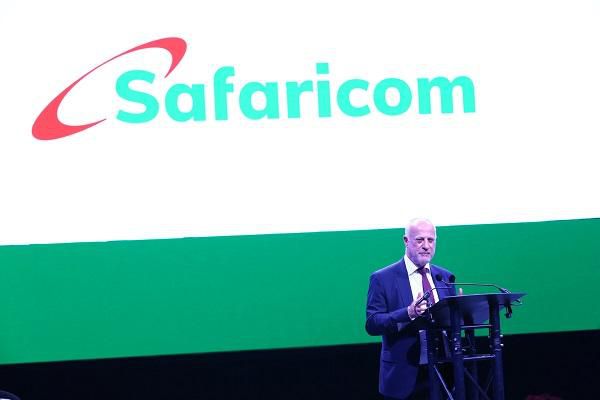
Safaricom opened its doors with fewer than 18,000 subscribers. By the time Joseph stepped down as CEO in November 2010, that base had exploded to over 17 million.
Under his watch, M‑Pesa launched in March 2007, freeing Kenyans from long bank queues.
Market stall owners, boda‑boda riders and rural farmers all began sending, saving and borrowing money via a simple menu on their phones.
Joseph co‑founded the Safaricom Foundation in 2003, the M‑Pesa Foundation in 2010 and, alongside the late Bob Collymore, launched the M‑Pesa Foundation Academy in 2016, in the process investing millions into health, education, and conservation projects in villages from Kisumu to Garissa.
Steering Kenya Airways to profitability
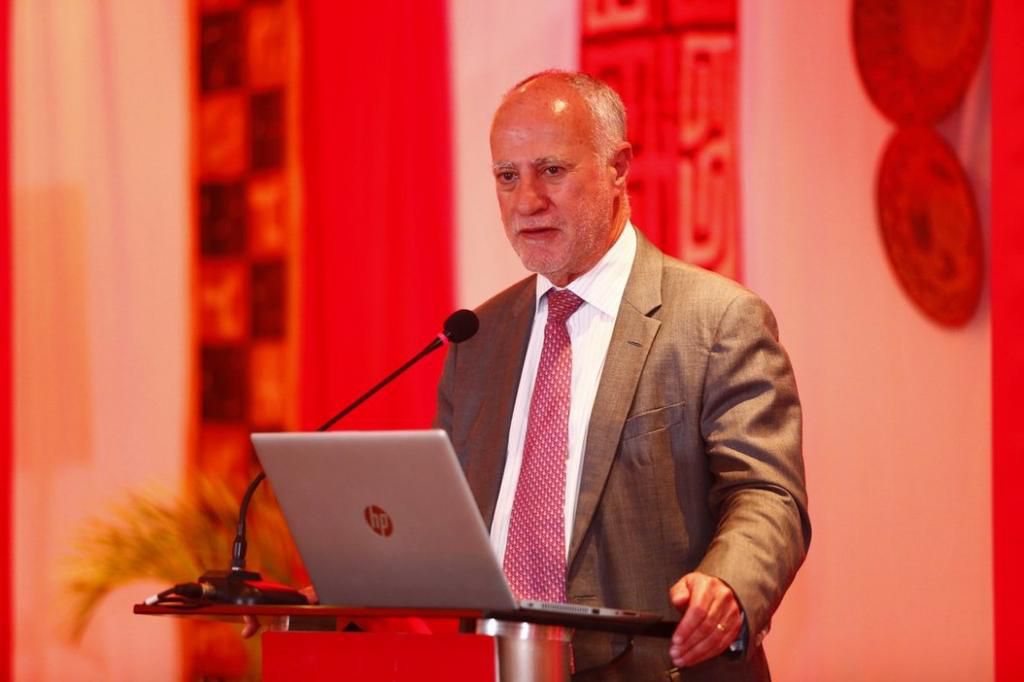
In October 2016, Joseph took the helm of Kenya Airways at a time when the carrier was mired in heavy losses and labour unrest.
He brokered emergency financing, rationalised unprofitable routes, and drove cost‑cutting under the late 2023 “Project Kifaru”.
Project Kifaru, named after the rhino, was Kenya Airways’ post‑Covid strategic recovery plan to restore the carrier to financial health, improve its operations and customer service, and lay the groundwork for even more sustainable growth.
By mid‑2024, after a Sh21.7 billion loss in the first half of 2023, KQ posted its first net profit since 2013, a Sh513 million gain in the first half of 2023.
Ordinary Kenyans began to see steadier flight schedules, renewed domestic routes, and the return of Kenya Airways as a symbol of national pride.
A legacy of leadership and service
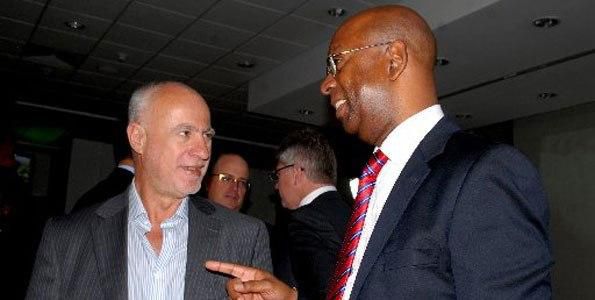
Beyond boardrooms, Joseph is an avid conservationist, chairing the Lewa Wildlife Conservancy, a post he holds to date.
His honours include CEO of the Year (Kenya Institute of Management) and the Elder of the Order of the Burning Spear (EBS), awarded by the President of Kenya in December 2010 for his national impact.
Why his story matters to every Kenyan
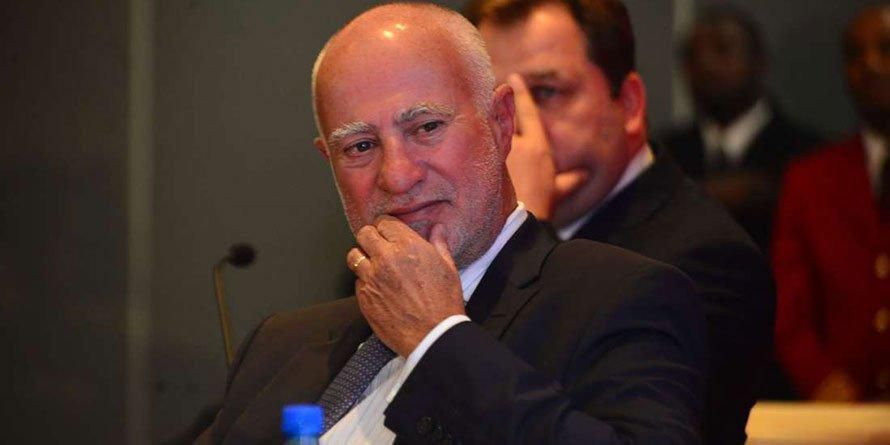
Michael Joseph’s journey, from an engineer in Cape Town to the architect of M‑Pesa, then to chairman who steered KQ back to profit, echoes the dreams of many Kenyans.
It speaks to the power of perseverance, the importance of maintaining a focus on community, and the lasting impact of visionary leadership on everyday lives.
As he steps down, a new generation takes the helm, but the foundations he laid in digital finance, corporate‑community partnerships and national resilience will keep lifting everyday citizens, students and travellers across Kenya for years to come.
)
)
)
)
)
)
)